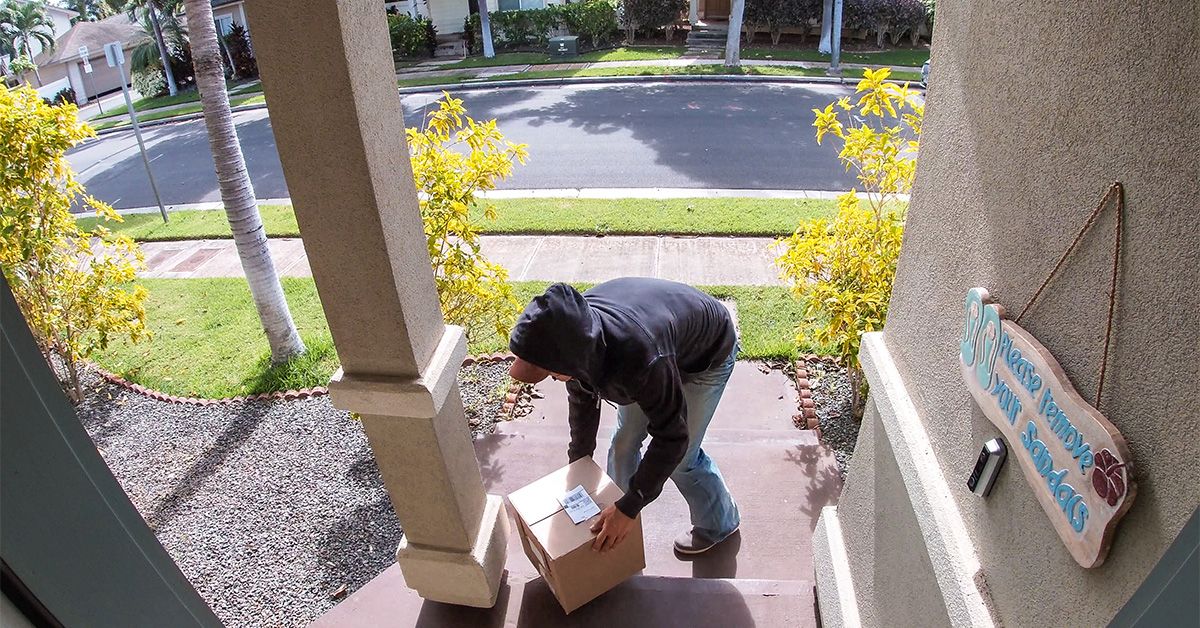Understanding the Different Types of Theft and Their Legal Consequences in Florida

Theft is one of the most frequently reported crimes in Florida. According to statistics compiled by the Florida Department of Law Enforcement, it results in the third-highest number of arrests in the state. Florida statutes broadly define theft as the act of obtaining, using, or trying to use the property of another with the intent to temporarily or permanently deprive the other person of the right to the property and/or appropriate the property for their own use. The statutes primarily categorize theft by the value of the property taken and include some property types and manner of taking in the categorizations.
Penalties for theft in Florida are determined by the distinct category charged, which also dictates whether the charges will be designated as a misdemeanor or felony. The threshold that separates most theft categorizations from misdemeanor to felony is whether the property was valued at $750 or more.
With punishments ranging from fines for some misdemeanor thefts to 30 years imprisonment for the most serious felony thefts, you should not try to defend yourself in court if you have been arrested for theft in Florida. Skilled criminal defense lawyers, such as those at Tallahassee-based Cowhey + Ward Attorneys at Law, can help strategize a defense tailored for securing the most favorable outcome possible, whether acquittal, dismissal, reduced charges, or mitigated penalties.
Experienced criminal defense lawyers know how to navigate the complexities of Florida’s court system and have a detailed understanding of Florida’s misdemeanor and felony laws. Read on to learn more about the categories of theft and their potential legal consequences.
Understanding Petit Theft in Florida
More commonly referred to as “petty” theft, petit theft in Florida is a misdemeanor offense. When the stolen property is valued at less than $100 it is charged as a second-degree misdemeanor that carries a maximum penalty of a $500 fine and/or 60 days in jail. For stolen property valued at between $100 and $750, the offense is charged as a first-degree misdemeanor, with a maximum penalty of a $1,000 fine and/or up to one-year imprisonment.
Three petit theft provisions can change the categorization, while another mandates additional penalties. Anyone facing second-degree petit theft charges who has previously been convicted of theft will be charged as a first-degree offender. Those with two or more previous theft convictions will face third-degree felony charges if arrested on petit theft charges. Petit theft of a dwelling is also automatically upgraded to a third-degree felony. Those charged with petit theft of retail gasoline face a six-month driver license suspension for a first conviction and a one-year suspension for any subsequent convictions.
How the Florida Statues Categorize Grand Theft
Florida categorizes thefts of property valued at more than $750 as grand theft and a felony of either the first-, second, or third-degree subsequent to higher valuation and various other factors. In general, first-degree grand theft charges apply to stolen property valued at $100,000 or more, the theft of which carries a maximum sentence of 30 years imprisonment and/or fines up to $10,000. Second-degree grand theft covers stolen property valued at between $20,000 and $99,999, the theft of which carries a maximum penalty of 15 years imprisonment and/or $10,000 in fines. The state categorizes theft of property valued at between $750 and $19,999 as third-degree grand theft, which carries a maximum term of five-years imprisonment and/or up to $5,000 in fines.
First- and second-degree grand theft charges may also be applied against those who:
- Steal cargo that has entered the stream of interstate or intrastate commerce.
- Steal emergency medical equipment valued at more than $300.
- Steal law enforcement equipment valued at more than $300.
- Commit theft during a government-declared riot or emergency.
- Use a motor vehicle as an instrument in the crime beyond just using it to get away and, in the course of action, damages the real property of another.
Third-degree grand theft charges may also be applied against those who steal the following:
- Firearms.
- A will, codicil, or other testamentary instruments.
- Materials from a designated construction site.
- Motor vehicles.
- A stop sign.
- Anhydrous ammonia
- Commercial farm animals, bee colonies, or aquaculture species.
- A fire extinguisher installed for a building’s fire prevention and control.
- Any amount of citrus fruit amounting to 2,000 or more individual pieces of fruit.
- Any amount of controlled substances as defined by Florida statues.
Turn to a Skilled Criminal Defense Lawyer for Your Theft Defense
As you can see, grand theft is a serious crime in Florida that can result in harsh punishment if convicted. Misdemeanor petit theft can also result in life-disrupting penalties, including up to one year in jail. An experienced criminal defense lawyer can assess the charges to help strategize the best means of ensuring the best outcome possible. Depending upon the charges and evidence, your criminal defense lawyer may be able to get the prosecutor to drop the charges or negotiate reduced charges and/or mitigated penalties. If warranted by the facts of the case, your criminal defense lawyer will strive for acquittal. To learn more about how Cowhey + Ward can help strategize an effective defense for your theft charges, contact our Tallahassee-based office today at (850) 222-1000.
Accessibility Statement
Our firm is committed to keeping our site accessible to everyone. We welcome feedback on ways to improve the site’s accessibility.
